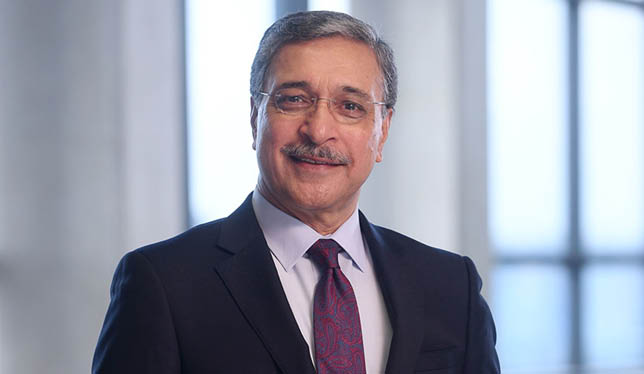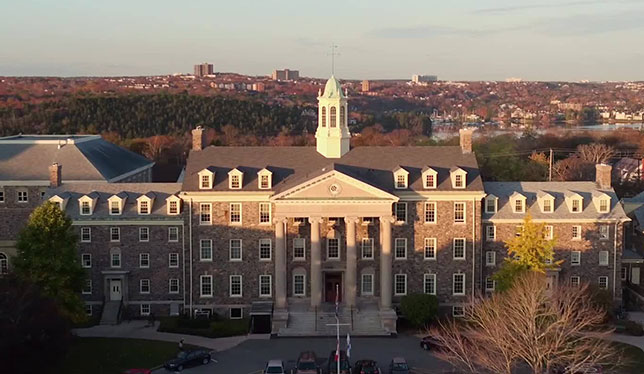Four questions to ask yourself when considering a move within senior academic administration
Having early discussions about a role change with those close to you is important, so they can grow with your decision.

After having built a long-standing and successful career, I have decided to make a leap to a larger university and recently accepted a new role as the inaugural vice-president, equity, people and culture, at York University. While I am very excited and honoured to be taking on this role, moving institutions is rarely an easy decision. There are many factors to consider in applying for any new position, whether in your home institution or at another. I would like to focus on four critical questions to ask yourself very early on in the process that I found helpful. These questions can assist in assessing and deciding whether you are ready for a change.
First, ask yourself why you want to consider a new role. What is your underlying motivation for considering a particular post? Is it rooted in intrinsic or extrinsic factors, or some combination of both? What aspects of the position align with these motivating factors? Further to this, have you researched the position, the organization and the expectations in detail?
There are many people out there who can help you understand and broaden your view of the role, including but not limited to other senior administrators in various institutions, colleagues, family members, friends and mentors. Do not be afraid to reach beyond those you know. I found myself reaching out to people who were well respected in academia, many of whom I did not know personally. It was a wonderful surprise to find out how open people were to talk about and share their experiences and understanding of working in academic administration.
A second critical question for me was assessing whether any new role would align with my deep passion and core values for social justice. I learned a number of years ago that if my work and role aligned well with who I am as a person, what I stand for and what values motivate me, then I feel more confident that I can make a contribution.
My coach – yes, I had a wonderful coach as well – also talked a lot about the importance of being authentic. In fact, she encouraged me to explore my core values by answering various short questionnaires that helped me gain a better understanding of myself. I found these helpful as they reinforced what I already knew, and they also helped solidify what required my attention for my new role.
I also recall an important teaching from Gregory Cajete, an Indigenous scholar from the Santa Clara Pueblo in New Mexico. Part of that teaching spoke to the importance of finding your passion and path in life, and linking it to your work. In essence, a job or position needs to align with who I am.
Third, in considering any new role, I personally think it is important to ask whether the role is simply a lateral move or whether it is an opportunity to build and expand yourself. Lateral moves can be important in certain circumstances. But, personally, I would be more inclined to think about a new role that allows me to grow as a person.
I know enough about myself to know that I need to be stretched in my work. I have always been relatively self-motivated and do my best work when I feel like I am building on my knowledge and experiences, and learning something new. I like to be able to stretch my thinking by listening and engaging with others. These are critical elements for me, then, to think about in considering a new role and therefore making a leap for change.
Finally, many of us also need to think about family considerations. Family is important and we also need to think about the impact on those who we care deeply about. Having early discussions about a role change with those close to you is important, so they can grow with your decision.
I hope these points help you think through what your own goals are and what is possible. In future columns, I plan to write more about my transition to another position at a new university. Stay tuned!
Featured Jobs
- Business – Lecturer or Assistant Professor, 2-year term (Strategic Management) McMaster University
- Veterinary Medicine - Faculty Position (Large Animal Internal Medicine) University of Saskatchewan
- Education - (2) Assistant or Associate Professors, Teaching Scholars (Educational Leadership)Western University
- Psychology - Assistant Professor (Speech-Language Pathology)University of Victoria
- Canada Excellence Research Chair in Computational Social Science, AI, and Democracy (Associate or Full Professor)McGill University
















Post a comment
University Affairs moderates all comments according to the following guidelines. If approved, comments generally appear within one business day. We may republish particularly insightful remarks in our print edition or elsewhere.